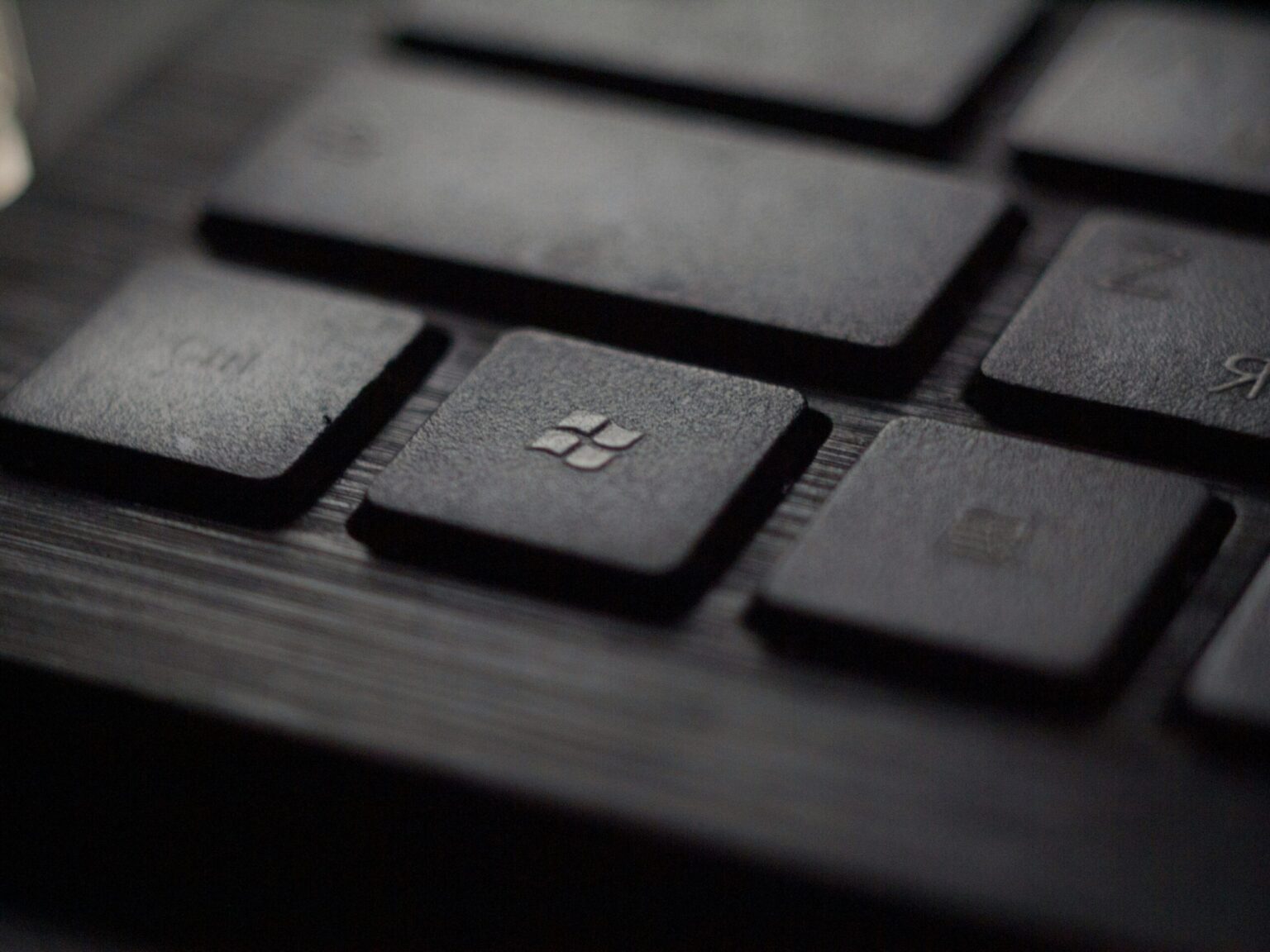Microsoft has unveiled plans for an ambitious $10 billion expansion of its AI-driven data center infrastructure across the United States. This massive investment underscores the company’s commitment to enhancing its cloud computing and artificial intelligence (AI) capabilities. The new initiative positions Microsoft to maintain its edge in the competitive tech landscape, providing the infrastructure required to meet the increasing demand for AI applications and services.
Expanding AI and Cloud Capabilities
As AI continues to revolutionize industries globally, the need for robust computing power is more critical than ever. Microsoft’s investment will see the construction of state-of-the-art data centers equipped with high-performance computing infrastructure. These facilities will fuel various AI-driven applications, including:
- Machine learning and automation: Enabling faster data processing and smarter AI models.
- Generative AI models: Powering cutting-edge technologies like OpenAI’s ChatGPT.
- Microsoft Azure services: Delivering scalable AI solutions to businesses worldwide.
The company is carefully selecting the locations for these new data centers, with a focus on regions that boast strong technological ecosystems and a skilled workforce. These choices will ensure long-term operational efficiency, lower latency, and continued innovation.
Microsoft’s Competitive AI Strategy
This significant investment reflects Microsoft’s ongoing strategy to become a dominant player in the AI field, a space where competition from tech giants like Google and Amazon is intensifying. The company has already integrated AI into several of its flagship products, including:
- Azure Cloud: Offering businesses AI-powered cloud infrastructure for various applications.
- Microsoft Office Suite: Enhanced with AI-driven tools like Copilot, which simplifies tasks and boosts productivity.
- Strategic partnerships: Notably, its multibillion-dollar investment in OpenAI, enabling the development of advanced AI models and services.
Through the expansion of its cloud infrastructure, Microsoft can handle the increasing demand for AI-powered solutions, solidifying its position as an industry leader.
Energy Efficiency and Sustainability Initiatives
As AI-driven data centers require enormous amounts of energy, the environmental impact of such expansions has become a significant concern. To address this, Microsoft has committed to powering its new facilities with renewable energy sources, ensuring that its AI infrastructure is both efficient and sustainable. The company has also vowed to continue investing in carbon reduction initiatives as part of its broader commitment to achieving carbon negativity by 2030.
This move not only aligns with Microsoft’s sustainability goals but also sets a new standard for energy-efficient data center operations in the AI sector.
Economic Impact and Job Creation
The $10 billion expansion is expected to generate thousands of new job opportunities, with roles in engineering, cybersecurity, cloud computing, and AI development. The project is also poised to invigorate local economies by attracting additional tech investments and talent to regions hosting the new data centers.
Industry experts predict that this initiative will help Microsoft maintain its leadership in AI and cloud computing. By creating cutting-edge infrastructure, the company is positioning itself to support the next generation of AI-driven innovations across industries.
Looking Ahead: What’s Next for Microsoft?
Microsoft’s data center expansion is just the beginning of its broader AI strategy. The new facilities are expected to be fully operational within the next two years, with the potential for further investments as the demand for AI technologies grows. By laying the groundwork for future advancements, Microsoft is not only preparing for the future of AI but actively driving it forward.
In an era where AI is reshaping industries and economies, Microsoft’s $10 billion investment reinforces its commitment to leading the charge in technological innovation. As the company continues to expand its infrastructure, it is clear that Microsoft is not just adapting to the future—it is defining it.
